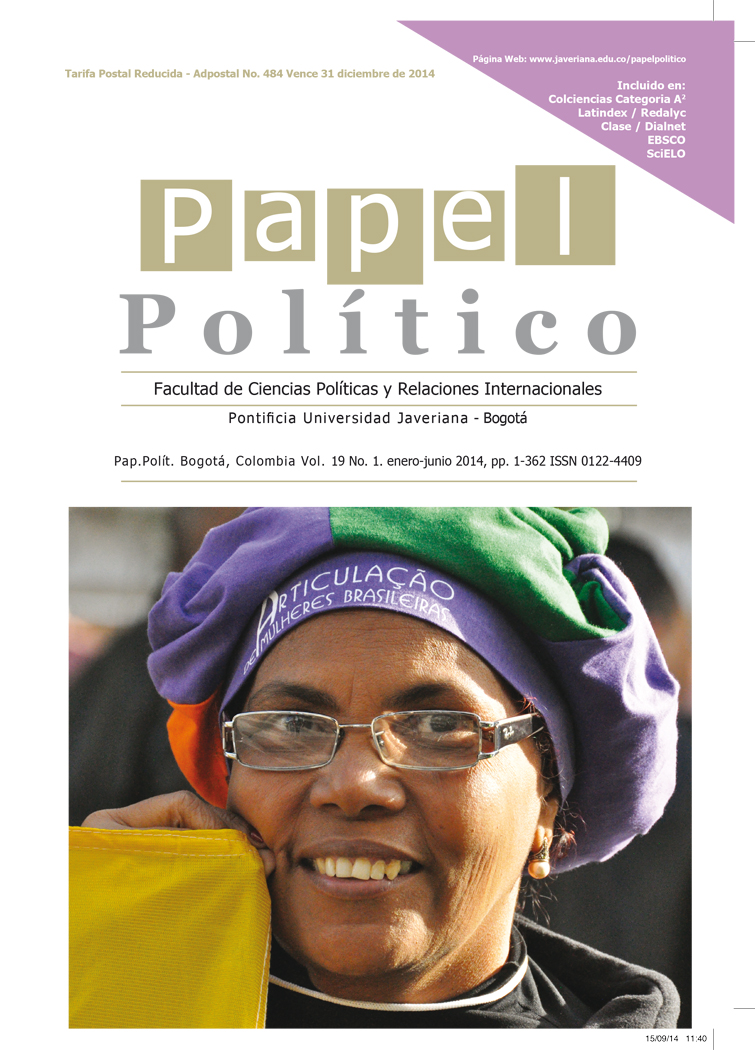Abstract
The purpose of this article is to highlight themost important contributions Friedrich von Hayekmade to social and political theory, and to reviewvarious critiques directed against his ideas.This article also traces back those contributionsto Hayek’s engagement in the debate about socialistplanning. Hayek’s most important ideais that the market offers the best solution to thefact that social knowledge is always dispersedand incomplete. In tandem with this idea, Hayekopposed to the model of a centralized andplanned order another one in which that order isspontaneous, being the market its paradigmaticinstance. From this conception, Hayek derivedthe corollary that the idea of social justice is a mirage for, in a complex society, each one’sposition and income is the result of uncountableinteractions. Following this line of reasoning,Hayek strengthened his conviction that democraticgovernments’ intervention in the marketshould be severely limited. From left and fromright, various critics have shown shortcomingsin Hayek’s arguments that concern the idea ofincomplete and dispersed social knowledge, therelevance of social justice, the interdependencebetween the rule of law and democracy and theidea that the market is not a self-generating orderbut rather depends on a larger set of socialinstitutions.This journal is registered under a Creative Commons Attribution 4.0 International Public License. Thus, this work may be reproduced, distributed, and publicly shared in digital format, as long as the names of the authors and Pontificia Universidad Javeriana are acknowledged. Others are allowed to quote, adapt, transform, auto-archive, republish, and create based on this material, for any purpose (even commercial ones), provided the authorship is duly acknowledged, a link to the original work is provided, and it is specified if changes have been made. Pontificia Universidad Javeriana does not hold the rights of published works and the authors are solely responsible for the contents of their works; they keep the moral, intellectual, privacy, and publicity rights.
Approving the intervention of the work (review, copy-editing, translation, layout) and the following outreach, are granted through an use license and not through an assignment of rights. This means the journal and Pontificia Universidad Javeriana cannot be held responsible for any ethical malpractice by the authors. As a consequence of the protection granted by the use license, the journal is not required to publish recantations or modify information already published, unless the errata stems from the editorial management process. Publishing contents in this journal does not generate royalties for contributors.


